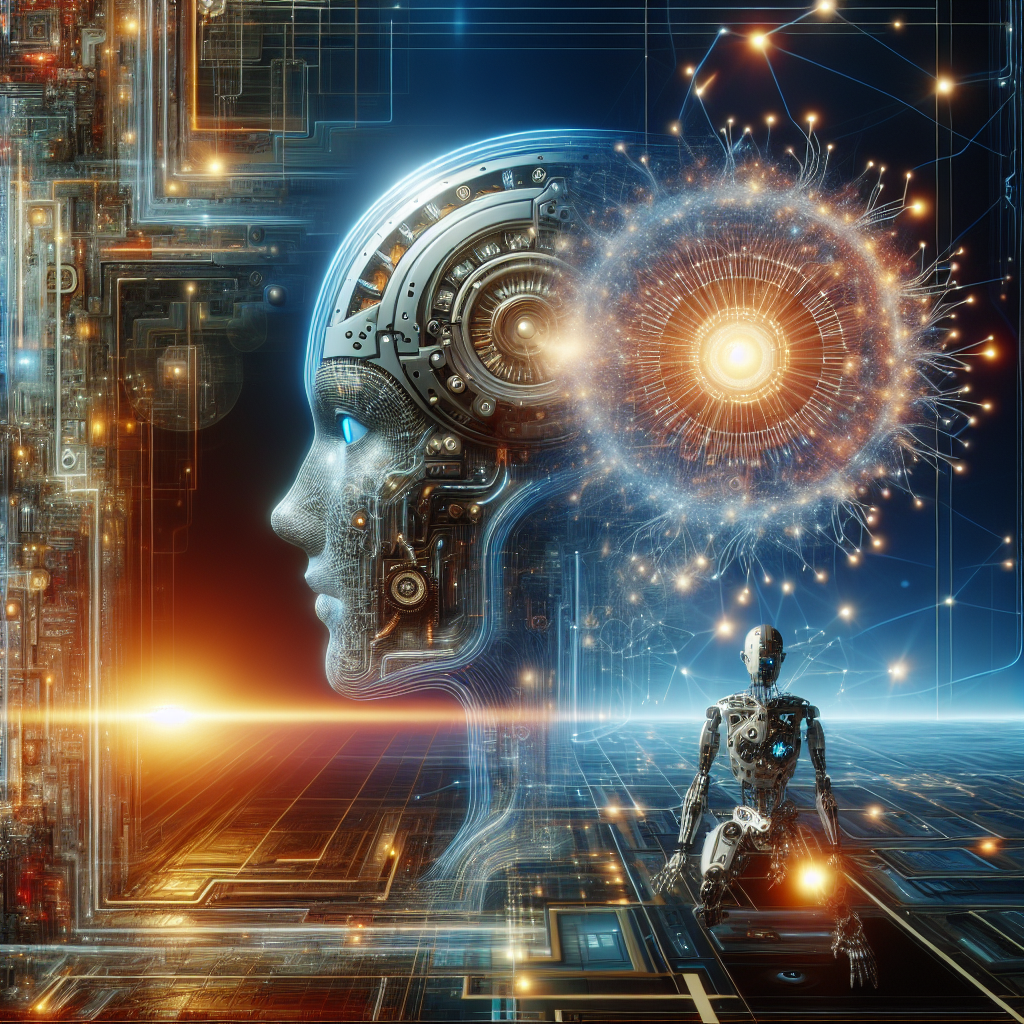AGI and the Singularity: Will Intelligent Machines Surpass Human Intelligence?
In recent years, the field of artificial intelligence (AI) has made significant advances, with the development of algorithms that can perform complex tasks and learn from data. One of the most exciting prospects in AI research is the creation of Artificial General Intelligence (AGI), which refers to machines that can understand and learn any intellectual task that a human being can.
The idea of AGI raises important questions about the future of humanity and the potential impact of intelligent machines on society. Some experts believe that AGI could lead to a technological Singularity, a point at which machines surpass human intelligence and capabilities, leading to profound changes in society and potentially reshaping the world as we know it.
In this article, we will explore the concept of AGI, the potential implications of the Singularity, and the ethical considerations surrounding the development of intelligent machines.
What is AGI?
AGI refers to a level of artificial intelligence that can perform any intellectual task that a human can. Unlike narrow AI systems, which are designed to perform specific tasks such as playing chess or recognizing images, AGI systems have the ability to understand and learn a wide range of tasks and adapt to new situations.
Developing AGI is a significant challenge for researchers, as it requires the creation of algorithms that can generalize knowledge and learn from experience in a way that is similar to human learning. While significant progress has been made in AI research in recent years, achieving AGI remains a lofty goal that is still out of reach.
The Singularity
The concept of the Singularity was popularized by futurist Ray Kurzweil, who argued that as AI technology continues to advance, it will eventually reach a point where machines surpass human intelligence. This point, known as the Singularity, is seen as a moment of profound change in society, as intelligent machines could potentially outperform humans in every intellectual task.
Some experts believe that the Singularity could lead to a world where machines are able to improve themselves at an exponential rate, leading to a rapid acceleration of technological progress. This could have far-reaching implications for society, including changes in the job market, healthcare, and even the nature of human existence.
The idea of the Singularity has sparked debate among scientists, technologists, and ethicists, with some arguing that it represents a potential threat to humanity, while others see it as an opportunity for progress and innovation.
Ethical Considerations
As the development of AGI continues to progress, there are important ethical considerations that must be taken into account. One of the key concerns is the potential impact of intelligent machines on the job market, as automation could lead to widespread unemployment and economic disruption.
There are also concerns about the potential misuse of AI technology, including the development of autonomous weapons systems and the spread of misinformation through AI-generated content. Ensuring that AGI is developed ethically and in a way that benefits society as a whole will be critical in shaping the future of AI technology.
FAQs
Q: Will AGI be achieved in the near future?
A: While significant progress has been made in AI research, achieving AGI remains a challenging goal that is likely still several years or even decades away.
Q: What are the potential benefits of AGI?
A: AGI has the potential to revolutionize many aspects of society, including healthcare, transportation, and education, by enabling intelligent machines to perform complex tasks more efficiently than humans.
Q: What are the risks of AGI?
A: There are concerns about the potential impact of AGI on the job market, as well as the potential for misuse of AI technology, such as the development of autonomous weapons systems.
Q: How can we ensure that AGI is developed ethically?
A: It is important for researchers and policymakers to work together to establish guidelines and regulations for the responsible development of AGI, taking into account the potential risks and benefits of intelligent machines.
In conclusion, the development of AGI and the potential for a technological Singularity raise important questions about the future of humanity and the impact of intelligent machines on society. While the prospect of machines surpassing human intelligence is both exciting and daunting, it is essential that we approach the development of AGI with careful consideration of the ethical implications and work to ensure that intelligent machines are developed in a way that benefits society as a whole.

